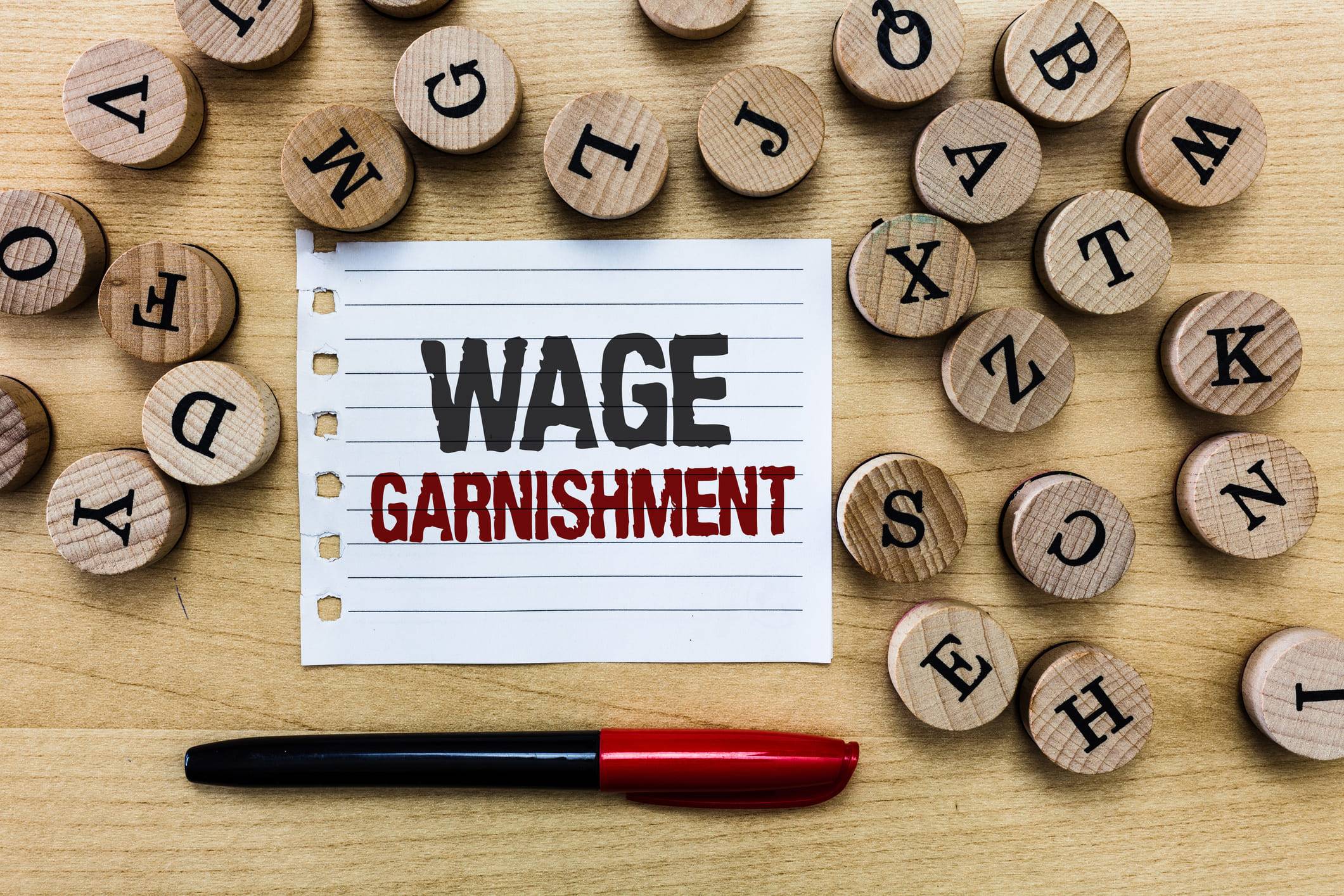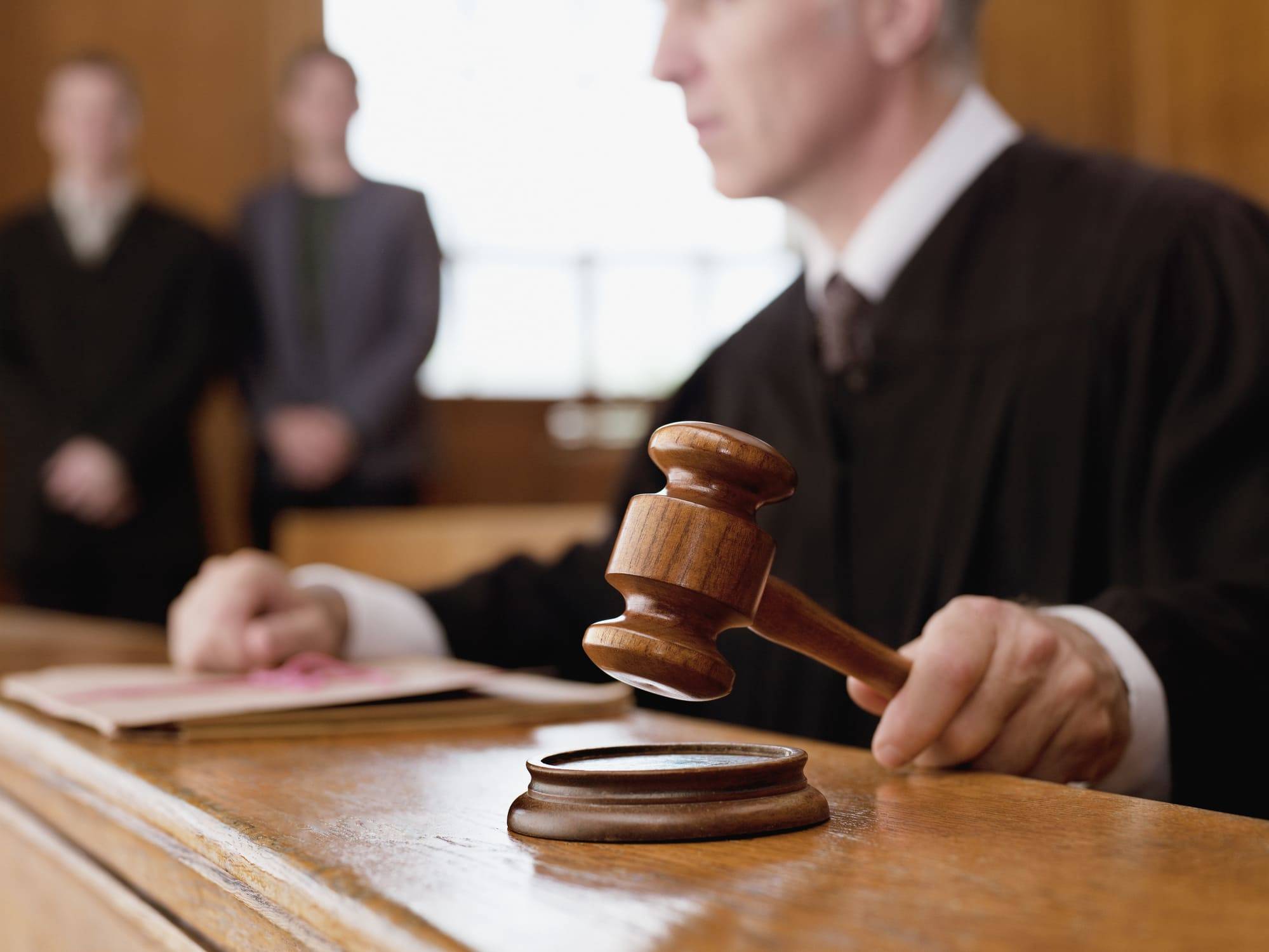By Jeff Field | Published August 29, 2023 | Posted in Bankruptcy | Tagged Tags: business debt, means test, promissory notes | Leave a comment

How Business Debt Can Exempt You From the Bankruptcy Means Test
Chapter 7 is often the preferred form of bankruptcy relief for individuals, but not everyone qualifies. Most debtors must satisfy the “means test,” which is used to demonstrate that they have insufficient income to repay any portion of their debt. However, debtors who hold a large amount of business debt are exempt from the Chapter Read More
Read More
How Georgia’s Pawn Shop Law Excludes Car Title Loans from Chapter 13 Plans
A Chapter 13 bankruptcy allows individuals to restructure their consumer debts and to repay them over an extended period of time. Many debtors choose this form of bankruptcy in order to save a home from foreclosure or a vehicle from repossession. However, not every type of loan can be restructured under Chapter 13. People in Read More
Read More
Using the Automatic Stay in Bankruptcy to Block Wage Garnishments
If you fall behind in paying debts, you may be subject to a wage garnishment. A creditor might obtain a court order requiring your employer to impound a portion of your wages or salary each pay period and to send it to the creditor. Garnishments can be devastating as they can leave you with insufficient Read More
Read More
How Fast Can You Get a Chapter 7 Bankruptcy Discharge?
Chapter 7 is the simplest type of consumer bankruptcy, since it usually results in a discharge of most or all debt. It’s also the quickest. Cases are typically completed in four to six months, compared with a Chapter 13 loan, which takes years. That said, there are scenarios and circumstances that might result in your Read More
Read More
Using Chapter 13 Bankruptcy to Obtain Mortgage Debt Relief
Many people in financial distress are behind on their home mortgages. Debtors who have missed payments are at risk of losing their homes to foreclosure. One of the most effective strategies for saving a home from foreclosure is a Chapter 13 bankruptcy. This type of bankruptcy is also called a wage earner’s plan, because it Read More
Read More
Fraud Exception to Debt Discharge Can Apply to Fraud by Others
Bankruptcy law generally allows debtors to discharge obligations that accrued prior to the filing of the bankruptcy petition. There are, however, exceptions, such as when a debt is obtained by fraud. Though this is generally understood to mean fraud by the debtor, the United States Supreme Court recently ruled that actions by other people can Read More
Read More
What’s the Effect of Your Loan’s Co-signer Filing for Bankruptcy?
People who have difficulty borrowing money often get a friend or relative to be a co-signer on a loan. The co-signer is in effect a guarantor who is secondarily liable for the debt until it is paid in full. However, the situation changes if the co-signer files for bankruptcy. When a co-signer declares bankruptcy, it Read More
Read More
Can You Refile for Bankruptcy After a Prior Case Is Dismissed?
Bankruptcy cases can be dismissed by courts for a variety of reasons. The reasons for the dismissal have a direct bearing on the debtor’s prospects for filing a new petition. A dismissal without prejudice allows the debtor to file a new case right away. A dismissal with prejudice generally requires the debtor to wait a Read More
Read More
Pitfalls That Can Derail a Chapter 13 Bankruptcy
In a Chapter 13 bankruptcy, the debtor must partially repay certain unsecured debts over time according to a detailed court-approved plan. Although most debtors successfully fulfill their plan payments and receive a discharge of remaining debt, there are things that can cause a Chapter 13 to go askew. Creating a plan requires making projections of Read More
Read More
How Moving to Another State Can Affect Your Bankruptcy
Although people may fear that they’ll lose much of their property if they file for bankruptcy, the reality is that debtors who opt for this remedy usually keep most of their assets. That’s because federal and state laws allow debtors to claim exemptions — namely, categories of property that are shielded from creditors. However, the Read More
Read More- March 2024
- February 2024
- January 2024
- December 2023
- November 2023
- October 2023
- September 2023
- August 2023
- July 2023
- June 2023
- May 2023
- April 2023
- March 2023
- February 2023
- January 2023
- December 2022
- November 2022
- October 2022
- September 2022
- August 2022
- July 2022
- June 2022
- May 2022
- April 2022
- March 2022
- February 2022
- January 2022
- December 2021
- November 2021
- October 2021
- September 2021
- August 2021
- July 2021
- June 2021
- May 2021
- April 2021
- February 2021
- January 2021
- December 2020
- November 2020
- October 2020
- September 2020
- August 2020
- July 2020
- June 2020
- May 2020
- April 2020
- March 2020
- February 2020
- January 2020
- December 2019
- November 2019
- October 2019
- September 2019
- August 2019
- July 2019
- June 2019
- May 2019
- April 2019
- March 2019
- February 2019
- January 2019
- December 2018
- November 2018
- October 2018
- June 2017
- May 2017
- May 2016
- April 2016
- March 2016
- February 2016
- January 2016
- December 2015
- October 2015
- September 2015
- August 2015
- July 2015
- June 2015
- January 2015
- July 2014
- May 2014
- April 2014
- March 2014
- February 2014
- January 2014
- September 2013
- August 2013
- July 2013
- April 2013
Please fill out the form below and one of our attorneys will contact you.


